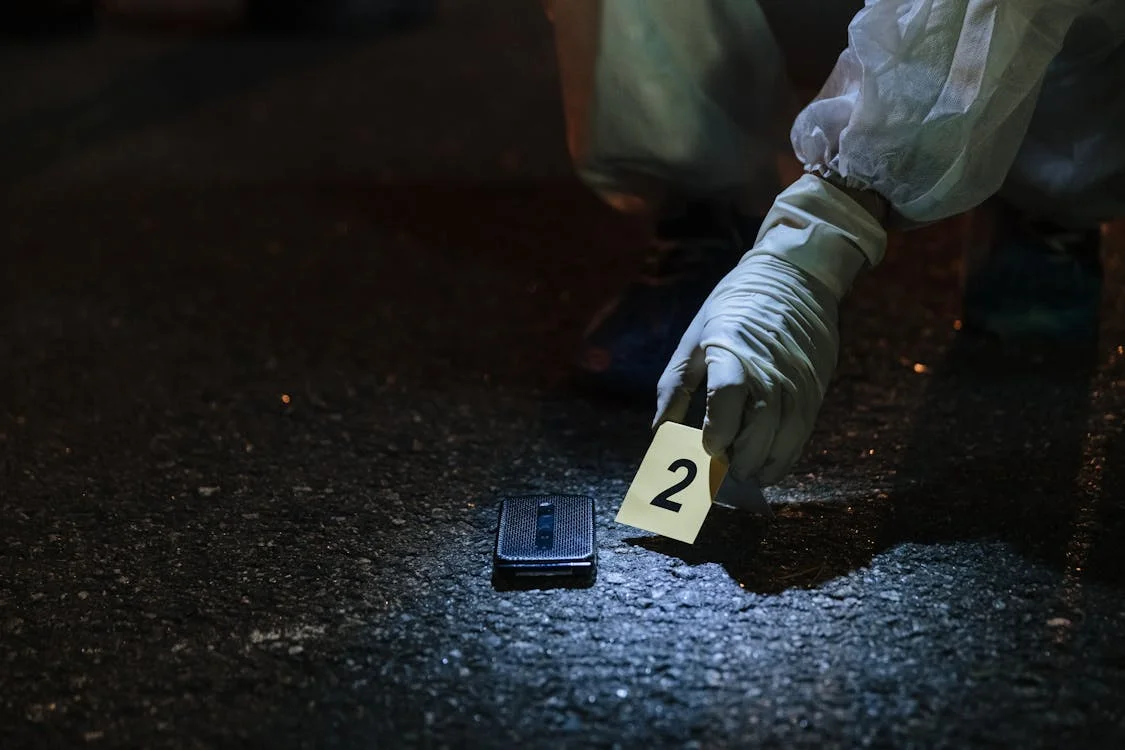When discussing forensic engineering, it refers to a discipline specialized in analyzing failures of structures, products, and systems. It involves a thorough investigation to determine the causes of these failures.
In other words, various investigative skills are combined to enable forensic engineers to analyze specific incidents, such as a structural failure or a bridge collapse.
Given the above, we will provide a detailed explanation of this field of engineering, highlighting the skills necessary to work in this fascinating area.
What is forensic engineering?
Structural failures often lead to accidents resulting in damage or economic loss. This is where forensic engineering comes into play, applying investigative principles to determine what caused these failures.
Their main objective is to determine the causes of such incidents and establish legal responsibilities. Forensic engineers are often called upon to provide their expertise in legal investigations, and their findings are used as evidence in court cases. As can be noted, the work of a forensic engineer is of significant importance.
What does a forensic engineer do?
A forensic engineer performs a wide range of tasks, making them a multifaceted professional. Their most important responsibilities include:
- Failure Analysis: This is one of the most critical roles of the forensic engineer. They must examine the structures, materials, and systems involved in the incident to identify what went wrong. For example, when a bridge collapses, the forensic engineer needs to investigate the cause of the failure by analyzing design issues, construction errors, or defective materials.
- Field Investigation: To determine the causes of an incident, the forensic engineer must visit the site, collect evidence, and conduct tests on the involved structures. In more complex cases, they must effectively use project management to coordinate research teams, ensuring that each piece of evidence is meticulously collected and analyzed.
- Report Preparation and Court Testimony: After completing their investigation, the forensic engineer must prepare a detailed report of their findings. This report is used in legal proceedings and often requires the engineer to testify as an expert in court. Their ability to clearly explain technical concepts to a non-expert audience makes strong communication skills crucial for effectively performing their role.
- Multidisciplinary Collaboration: During investigations, forensic engineers must collaborate with various professionals, such as lawyers, architects, and other experts in the field of forensic engineering like mechanical and chemical engineering. This collaboration is crucial for developing a comprehensive understanding of incidents and reaching accurate conclusions.
What skills does a forensic engineer need?
A successful forensic engineer requires technical, communicative, and analytical skills to effectively carry out their fieldwork. Among the most notable are the following:
- Attention to Detail:
Rigor and attention to detail are essential. This is because forensic engineers must analyze damage and failures in structures. Overlooking small errors or details could significantly alter the outcomes of an investigation.
- Analytical Skills:
Analytical skills must be a strong suit for this professional. They need to interpret data and formulate theories to determine what caused the collapse. This is especially true in complex failure analysis, where multiple factors converge to cause a system to fail.
- Technical Knowledge:
It is important for a forensic engineer to have a foundation in mechanical engineering, civil engineering, and chemical engineering. These will be applied when conducting a thorough analysis of materials and systems.
- Communication Skills:
As previously explained, forensic engineers must present technical findings in court. Having strong communication skills will help them do so effectively, ensuring that the audience can understand the discussion, even if they lack advanced engineering knowledge.
Project management is also essential, as it involves coordinating teams and ensuring that every aspect of the investigation is covered. Strong leadership skills are vital to fulfilling this role effectively.
Educational Background of a Forensic Engineer
Academic training in this profession is highly important and tends to be quite rigorous:
- Bachelor’s Degree: Typically, companies seeking forensic engineers require a bachelor’s degree. This degree may be in a field of engineering, such as chemical, civil, or mechanical engineering. These programs provide the technical foundation needed for work in forensic engineering.
- Master’s Degree: A master’s degree in this specialized area can be beneficial for professionals. It provides access to more advanced positions and better research opportunities.
- Doctorate: For those who wish to teach at the university level or pursue a research career, a doctoral degree is ideal. This advanced level of education allows engineers to explore more complex topics in failure analysis, thus contributing to the advancement of this intricate discipline.
- Certifications and Licenses: Obtaining an engineering license or certifications from advanced professional organizations, such as the American Society of Civil Engineers or the National Academy of Forensic Engineers, significantly enhances job opportunities. Those with these credentials demonstrate that they are qualified to work in more advanced fields.
- Continuous Education: Forensic engineering is constantly evolving, making continuous education essential to stay current. It is highly recommended to participate in seminars, courses, and conferences to remain updated on field methodologies and the latest technologies.
Therefore, if you wish to specialize in this field, now is the time. Great job opportunities await and are within your reach.






